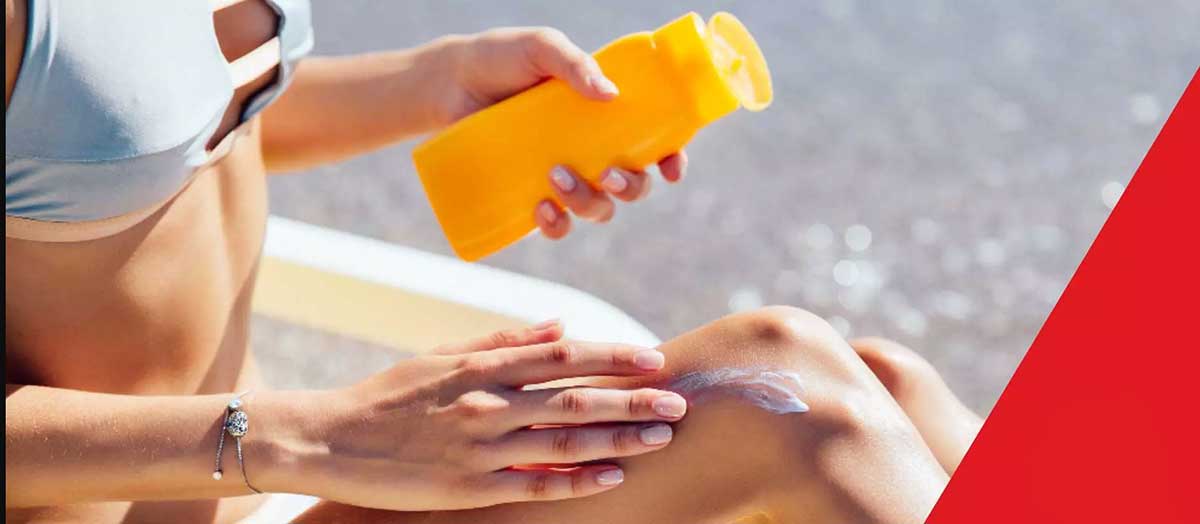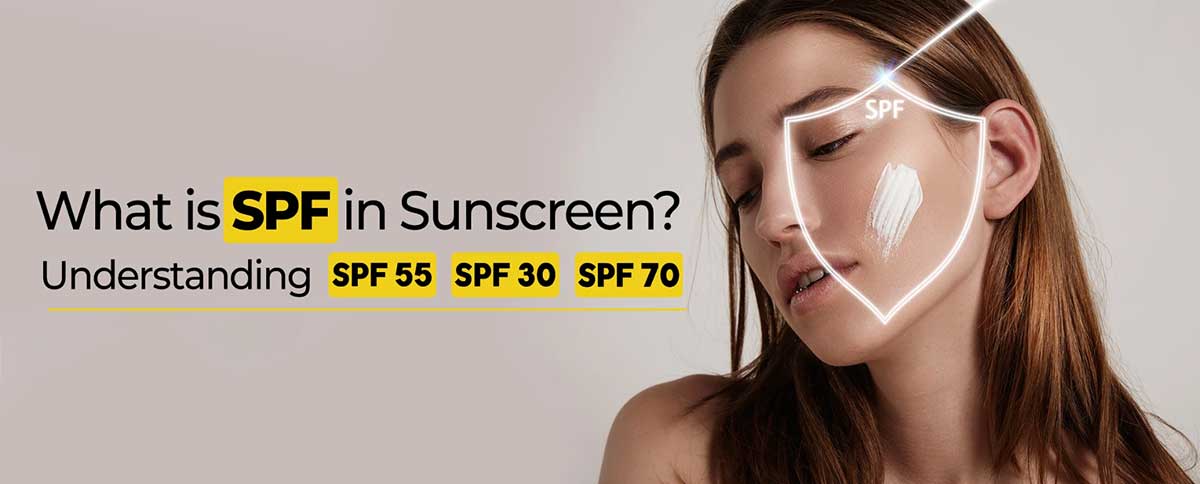
Have you ever wondered what the sunscreen that your mother always reminds you to put on before going out is for? Or is the sticky white paste that you reluctantly put on when you go to the beach really sunscreen? In fact, sunscreen is not just a "white sticky" thing that makes people feel troubled. It is the most loyal protector of your skin, helping you block the invisible and intangible but super harmful ultraviolet rays from the sun.
Simply put, sunscreen is your invisible shield, always protecting you from sunburn, skin aging, and even more serious skin diseases. Today, let's talk about what sunscreen is, why it is so important, and how it protects your skin.

Sunscreen is actually a product applied to the skin, commonly available in lotion, spray, gel or stick form. Its main function is to block the ultraviolet rays emitted by the sun, just like putting a layer of "invisible armor" on the skin. Sunscreen is not just about preventing sunburn, it’s more about preventing skin damage that you can’t see, which can accumulate and lead to premature aging and even skin cancer.
Although we are often told to use sunscreen, it’s hard not to feel a bit bothered, especially when the sun is shining and you just want to enjoy the sun. But once you understand the importance of sunscreen, it’s not just a “beauty product”, but a true “health guardian”.
There are two main types of ultraviolet (UV) rays emitted by the sun: UVA and UVB. They can both damage the skin, but in slightly different ways.
UVB mainly affects the surface layer of the skin, causing redness, pain and peeling. Just think of the “B” for “burning”. Although it doesn’t penetrate as deeply as UVA, it still damages DNA and increases the risk of skin cancer.
UVA can penetrate deep into the dermis of the skin, destroying collagen and elastic fibers, causing wrinkles, fine lines and spots. What's more frightening is that UVA can even penetrate window glass, which means that even if you are indoors or in a car, you can't escape its "poisonous hand". "A" stands for "Aging". It is also related to skin cancer.
So, if you don't do a good job of sun protection, your skin is actually suffering from the double blow of "sunburn" and "aging" at the same time. Sunscreen is the most reliable "guardian" around you.
There are actually two main types of sunscreen: physical sunscreen and chemical sunscreen, which help you block ultraviolet rays in different ways.
This type of sunscreen contains mineral ingredients such as zinc oxide and titanium dioxide. After applying it on the surface of the skin, it is like an invisible small mirror, directly reflecting and scattering ultraviolet rays. They are fast-acting, friendly to sensitive skin, not easy to irritate the skin, and can block both UVA and UVB.
However, this type of sunscreen often left the skin white in the past, especially people with dark skin didn't like it very much, but now the formula has been improved a lot, and the texture is also lighter.
This type of sunscreen contains various organic chemical ingredients, such as octocrylene and avobenzone. They can absorb ultraviolet rays, convert harmful ultraviolet energy into heat, and then dissipate it, just like "blocking a knife" for you. The texture is generally lighter and thinner, and does not leave white spots, but it needs to be applied 15-20 minutes in advance, and some people may find it irritating.
Many modern sunscreens are mixed with two ingredients, which can block ultraviolet rays and are easy to push away, and the user experience is better.
Faced with hundreds of bottles of sunscreen on supermarket shelves, don't panic! Remember these key points, you won't go wrong when buying or using it.

SPF stands for sun protection index, which is mainly the ability to fight UVB. SPF15 can block 93% UVB, SPF30 can block 97%, and SPF50 blocks 98%. The difference is not a linear increase. SPF30 is enough for daily use. If you are outdoors for a long time, it is recommended to use SPF50 or above.
Broad-spectrum sunscreen means blocking both UVA and UVB. Don't just focus on sun protection, anti-aging is also important.
When planning to swim or do strenuous exercise, choose a sunscreen labeled "waterproof" or "highly waterproof" to ensure that the sunscreen effect lasts for a period of time in the water or when sweating. But no sunscreen is completely waterproof, so you should reapply it in time after swimming or wiping sweat.
You need about an ounce (about a small cup) for the whole body, and a coin-sized amount for the face. Apply too little and the sunscreen effect will be greatly reduced.
Chemical sunscreens take 15-30 minutes to work best, so don't forget to apply it in advance before going out.
Don't ignore your ears, neck, instep, scalp (if your hair is sparse), and lips (use lip balm with SPF).
Sunscreen will wear off over time, so reapply every two hours, especially after swimming or wiping off sweat.
Even on cloudy days, UV rays still exist and sunscreen is still needed.
So, sunscreen is by no means an extra step, but an essential part of your skin care and health. Whether you choose physical or chemical sunscreen, the key is to stick to it and use it correctly. Treat it as a habit like brushing your teeth every day, and your skin will stay healthy and young for a long time.
Enjoy the sunny days! But don't forget to bring your "invisible armor" - sunscreen, and protect yourself smartly.
resistance. Sun protection is not only for beautiful skin, but also for health. I hope everyone can develop good sun protection habits and make their skin more radiant!

